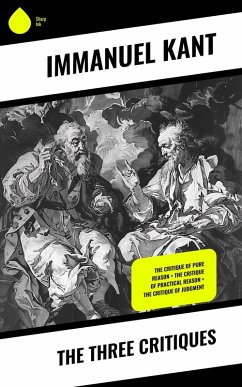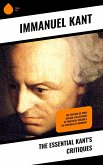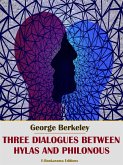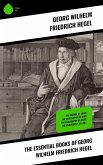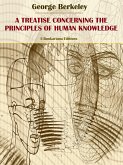Immanuel Kant's "The Three Critiques" encompasses his seminal works-"Critique of Pure Reason," "Critique of Practical Reason," and "Critique of Judgment"-which collectively lay the groundwork for modern philosophy. Through a rigorous examination of the faculties of human reason, ethics, and aesthetics, Kant presents a complex yet coherent system that seeks to reconcile rationalism and empiricism. The literary style is marked by precision and profound depth, challenging readers to engage with intricate ideas surrounding metaphysics, morality, and the nature of beauty, all situated within the Enlightenment's intellectual zeitgeist. Immanuel Kant, an 18th-century Prussian philosopher, revolutionized Western thought with his critical philosophy. His background as a mathematician and scientist fostered an analytical mindset, influencing his quest to delineate the boundaries of human understanding and the principles underpinning moral action. The empirical investigations of his contemporaries and the tumultuous socio-political climate in Europe undoubtedly shaped his inquiries, prompting a systemic exploration of human cognition and ethics that continues to resonate. "The Three Critiques" is indispensable for anyone seeking a profound understanding of philosophical thought. Scholars, students, and avid readers alike will benefit from Kant's meticulous articulation of the intricate interplay between knowledge, morality, and aesthetic experience. This work not only enhances philosophical literacy but also invites critical reflection on individual autonomy and the nature of judgment.
Dieser Download kann aus rechtlichen Gründen nur mit Rechnungsadresse in A, B, BG, CY, CZ, D, DK, EW, E, FIN, F, GR, HR, H, IRL, I, LT, L, LR, M, NL, PL, P, R, S, SLO, SK ausgeliefert werden.

